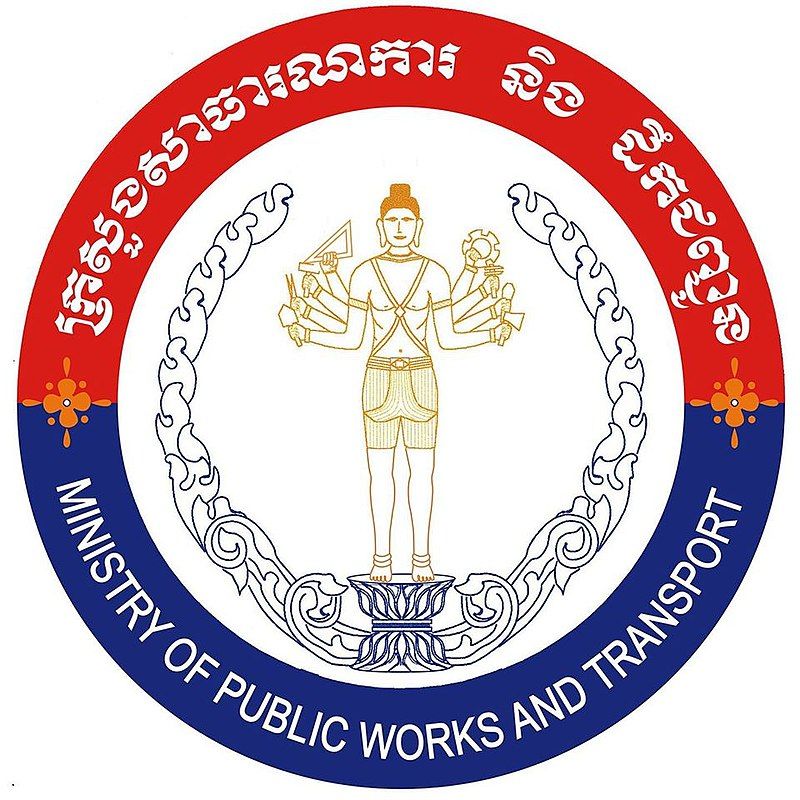Issue Description
Cambodia’s trucking fleet is diverse and consists of a range of vehicles, from small pickup trucks to large commercial trucks. The country’s trucking industry is an essential part of its economy, transporting goods across the country and to neighbouring countries.
The majority of trucks in the country’s fleet are old and unsafe. According to some estimates, up to 80% of trucks in Cambodia are over 10 years old. Due to their age, the condition of some vehicles can be poor, with some lacking basic safety features such as seatbelts and airbags, let alone more modern systems common in other countries such as GPS tracking or dash cams. Inadequate maintenance and illegal modifications are other issues concerning the vehicles.
Driving behaviour is also unsafe in Cambodia, with the National Road Safety Committee calculating, over the first 6 months of 2023 alone, a total of 1,548 road accidents nationwide, with 2,072 injuries and 756 fatalities. A large share of these accidents is thought to be caused primarily by the “big four” (drinking, speeding, ignoring traffic rules and use of mobile phones while driving) unsafe driving behaviours. Although there is no recent detailed breakdown of road accident statistics involving trucks in Cambodia, we can assume these behaviours are rampant among truck drivers too. Unsafe trucks bring an added hazard to others compared to other vehicles given their larger size, more difficult controllability, and potential to cause wider harm. Truck drivers do receive training before getting their licence, but it does not cover many common safety-related areas common in other countries’ curricula (such as crash-and-spill response).
Besides contributing with stricter road safety legislation and conducting more overall road inspections, the Royal Government of Cambodia (RGC) has also taken an interest in increasing the safety in the trucking sector. The Ministry of Public Works and Transport has promised more vehicle inspections and put in a new requirement to obtain driving licences. Those licenced after 2019 now need to undergo, as part of the procedure, a 2-week training course at the ministry’s Heavy Vehicle Driver Training Centre. This centre offers theoretical and practical courses for commercial vehicle drivers in Cambodia; it is reportedly well run, but feedback suggests marketing and promotion of its courses could be enhanced to reach a wider audience among truck drivers.
Impact on business
The lack of stricter safety requirements in Cambodia’s trucking sector is contributing to the country’s still relatively high road accident rates, as it doesn’t discourage unsafe practices among trucking divers and vehicles to a sufficient level. This is putting the lives of drivers, passengers, and pedestrians at risk.
It also risks tarnishing the RGC’s energetic efforts to improve road safety cross the country.
Recommendation
- Increase road safety requirements in the trucking sector.
We therefore call for the MPWT to increase the safety requirements for trucking companies, through provisions such as:
- Considering setting mandatory use of GPS and dash cam systems on trucks;
- Considering the expansion of the course offer at the Heavy Vehicle Driver Training Centre to offer more specialised training for truck drivers (examples: fatigue management, driving at night, defensive driving, crash and spill response, emergency response); also consider expanding outreach activities among the Cambodian truck driver community;
- Setting regular mandatory medical check-ups (example, every 5 years) and making the renewals of driving licences pending on the results of such check-ups.
GPS and dashcam use can increase the safety and security of drivers and cargo. Strengthening medical checkups on truck drivers can help identify and prevent health issues that could impact their ability to drive safely. Overall, these measures can improve the safety and efficiency of Cambodia’s trucking industry and reduce the risk of accidents, delays, and damage to the roads and bridges.
Royal government of Cambodia
Initiative from Eurocham: The issue has been raised by the Transport & Logistics Committee within The White Book edition 2024 in the Recommendation No. 8.

National Counterparts

Ministry of Public Works and Transport
Contributors

Mr. Suy Bunthan
Chairman

Mr. Seng Vichet
Vice-Chairman

Mr. Matthew Owen
Vice-Chairman

